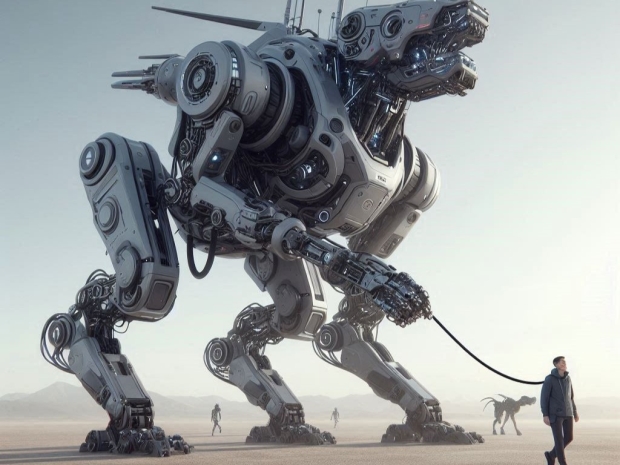Writing in its bog, the company wanted the new model to introduce "the next level of capabilities" as it endeavours to construct "artificial general intelligence," or A.G.I., a machine capable of performing any task the human brain can.
The forthcoming model is set to be a driving force for A.I. products encompassing chatbots, digital assistants akin to Apple's Siri, search engines, and image generators.
OpenAI also disclosed its formation of a new Safety and Security Committee to deliberate on managing risks associated with the new model and future technologies.
"While we take pride in developing and releasing models that lead the industry in both capabilities and safety, we invite a robust debate at this pivotal moment," the company said.
OpenAI wants to advance A.I. technology more rapidly than its competitors while also addressing concerns from critics who argue that the technology is increasingly perilous, contributing to the spread of disinformation, job displacement, and even posing a threat to humanity.
There is a divergence of opinion among experts regarding when tech companies will achieve artificial general intelligence. Still, entities such as OpenAI, Google, Meta, and Microsoft have been amplifying the potency of A.I. technologies for over a decade, showcasing significant advancements approximately every two to three years.
OpenAI's GPT-4, released in March 2023, empowers chatbots and other software applications to respond to queries, compose emails, generate academic papers, and perform data analysis. An enhanced version of the technology, unveiled this month and not yet broadly accessible, can also produce images and engage in highly conversational responses to inquiries and directives.
Technologies like GPT-4o acquire their abilities by analysing extensive digital data, including sounds, images, videos, Wikipedia entries, books, and news articles.
Digital "training" of A.I. models can span months or years. Following the completion of training, A.I. companies typically dedicate several additional months to testing the technology and refining it for public deployment.




